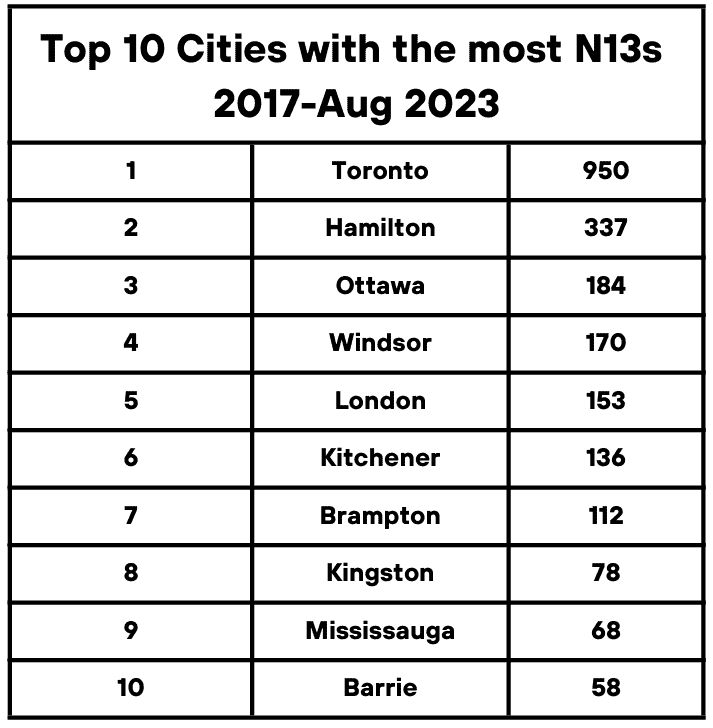From Hamilton to Toronto: The Rise of Anti-Renoviction Laws in Ontario
In recent years, the term "renoviction" has become all too familiar for many tenants across Ontario. This practice, where landlords evict tenants under the guise of renovations only to dramatically increase rents afterward, has been a growing concern in the province's tight housing market. However, the city of Hamilton has taken a bold step to address this issue, becoming the first municipality in Ontario to pass an anti-renoviction bylaw. This pioneering legislation marks a significant shift in the landscape of tenant rights and affordable housing preservation in the province.
The Rise of Renovictions
The surge in renovictions across Ontario has been staggering. According to recent data, there were 4,067 N13 notices (the formal notice for renoviction) filed in Ontario between 2017 and August 2023, representing an increase of almost 300% compared to 2017 levels. Hamilton alone saw 337 N13 notices issued during this period, highlighting the urgency of the issue in the city.
This dramatic rise in renovictions has had a profound impact on affordable housing availability and tenant stability. Many long-term residents, often those with lower incomes or from vulnerable populations, have found themselves displaced from their homes and communities. The resulting disruption not only affects individual lives but also alters the social fabric of neighborhoods and exacerbates the broader housing affordability crisis.
Hamilton's Anti-Renoviction Bylaw: A Closer Look
In response to this growing crisis, Hamilton City Council unanimously approved an anti-renoviction bylaw on January 17, 2024. This groundbreaking legislation aims to deter bad-faith evictions and protect tenants living in affordable units. The key features of the bylaw include:
- Licensing Requirement: Landlords must obtain a city renovation license before proceeding with renovations that would displace tenants.
- Building Permits: Proper building permits must be secured for the proposed renovations.
- Engineer's Report: Landlords must provide an engineer's report confirming the necessity of vacancy for the renovations.
- Tenant Rights: The bylaw reinforces tenants' right to return to their units post-renovation at the same or similar rent.
These requirements create a significant barrier to frivolous or bad faith renovictions while still allowing for necessary and legitimate renovations to proceed.
Origins and Inspiration: Learning from New Westminster
Hamilton's bylaw didn't emerge in a vacuum. It was explicitly modeled after a similar bylaw implemented in New Westminster, British Columbia. New Westminster's pioneering legislation, passed in 2019, has been credited with virtually eliminating renovictions in that city and helping to preserve affordable market rental housing.
However, adapting the New Westminster model to Ontario's legal framework required careful consideration. Unlike British Columbia, Ontario's Municipal Act governs what bylaws cities can enact. Hamilton's legal team worked diligently to craft a bylaw that would withstand potential legal challenges while still providing robust tenant protections.
Implementation and Timeline
While the Hamilton City Council unanimously approved the bylaw in January 2024, its enforcement is set to begin in January 2025. This delay in implementation allows time for both landlords and tenants to become familiar with the new requirements and for the city to set up the necessary administrative processes.
The year-long gap also provides an opportunity for potential legal challenges to be addressed before the bylaw takes effect. Given the groundbreaking nature of this legislation in Ontario, it's likely that some landlord associations or property owners may contest its validity.
Potential Challenges and Criticisms
As with any significant policy change, Hamilton's anti-renoviction bylaw is not without its critics. Some potential challenges and criticisms include:
- Legal Challenges: The bylaw may face legal challenges from landlord associations or individual property owners who view it as an infringement on property rights.
- Impact on Necessary Renovations: There are concerns that the additional requirements might discourage landlords from undertaking legitimate and necessary renovations, potentially leading to deteriorating housing stock.
- Administrative Burden: Both landlords and the city will need to adapt to new processes, which could initially lead to delays and increased costs.
- Enforcement Concerns: Questions remain about how effectively the city will be able to enforce the bylaw and what resources will be allocated for this purpose.
Broader Context: Housing Crisis in Ontario
Hamilton's anti-renoviction bylaw is set against the backdrop of a broader housing affordability crisis in Ontario. Rapidly rising rents, low vacancy rates, and a shortage of affordable housing options have put immense pressure on tenants across the province.
Renovictions have played a significant role in exacerbating this crisis. By displacing long-term tenants from affordable units, they contribute to the erosion of naturally occurring affordable housing stock. This bylaw represents just one piece of a larger puzzle in addressing housing affordability, with other measures including increased social housing investment, inclusionary zoning policies, and rent control measures being implemented or considered across the province.
Impact on Other Municipalities
Hamilton's bold move has not gone unnoticed by other Ontario municipalities. Cities like Toronto, London, and Ottawa have expressed interest in implementing similar bylaws. This ripple effect could lead to a significant shift in tenant protections across the province.
The success of Hamilton's bylaw could potentially pave the way for province-wide adoption, similar to how British Columbia implemented anti-renoviction rules across the province following New Westminster's example. However, such a move would likely require changes to provincial legislation and face significant debate at the provincial level.
Tenant Advocacy and Support
The passage of Hamilton's anti-renoviction bylaw owes much to the tireless efforts of tenant advocacy groups, particularly ACORN Hamilton. These organizations have long campaigned for stronger tenant protections and played a crucial role in pushing for this legislation.
Moving forward, these groups will likely focus on educating tenants about their rights under the new bylaw and providing support to those facing potential renovictions. Tenant education and awareness will be crucial to the bylaw's effectiveness, as informed tenants are better equipped to assert their rights and navigate the renovation process.
Landlord Perspective
While the bylaw has been celebrated by tenant advocates, it's important to consider the landlord perspective as well. Many landlords argue that renovations are often necessary to maintain and improve aging housing stock. There are concerns that the additional bureaucracy and costs associated with the new requirements could discourage investment in rental properties.
Balancing the rights of property owners with the need for tenant protections remains a challenge. Advocates of the bylaw argue that it doesn't prevent necessary renovations but rather ensures they are carried out in good faith and with minimal disruption to tenants.
Future Outlook
As Hamilton prepares to implement its anti-renoviction bylaw, all eyes will be on the city to see how effective it proves in practice. The coming years will likely see amendments and refinements to the bylaw as potential loopholes or unintended consequences come to light.
Monitoring and evaluation will be crucial to assess the bylaw's impact on renoviction rates, overall rental market dynamics, and housing affordability in Hamilton. If successful, this bylaw could serve as a model for other municipalities and potentially influence provincial policy on tenant protections.
Hamilton's anti-renoviction bylaw represents a significant milestone in the fight for tenant rights and affordable housing in Ontario. By taking this bold step, Hamilton has positioned itself as a leader in addressing one of the most pressing issues in the current housing crisis.
As the bylaw moves towards implementation, it will undoubtedly face challenges and scrutiny. However, its potential to protect vulnerable tenants and preserve affordable housing cannot be understated. For tenants across Ontario, Hamilton's bylaw offers hope that meaningful change is possible in the face of mounting housing pressures.
The coming years will reveal the full impact of this groundbreaking legislation. In the meantime, it serves as a call to action for tenants, landlords, policymakers, and citizens alike to engage in the ongoing dialogue about housing rights and work towards a more equitable and affordable housing landscape for all.
Not sure if you should sell?
We get it. The market is weird. If you’re not sure if selling your home is the right move for you right now, get in touch. We’ll go over the details of your specific situation and help you make the right decision.





